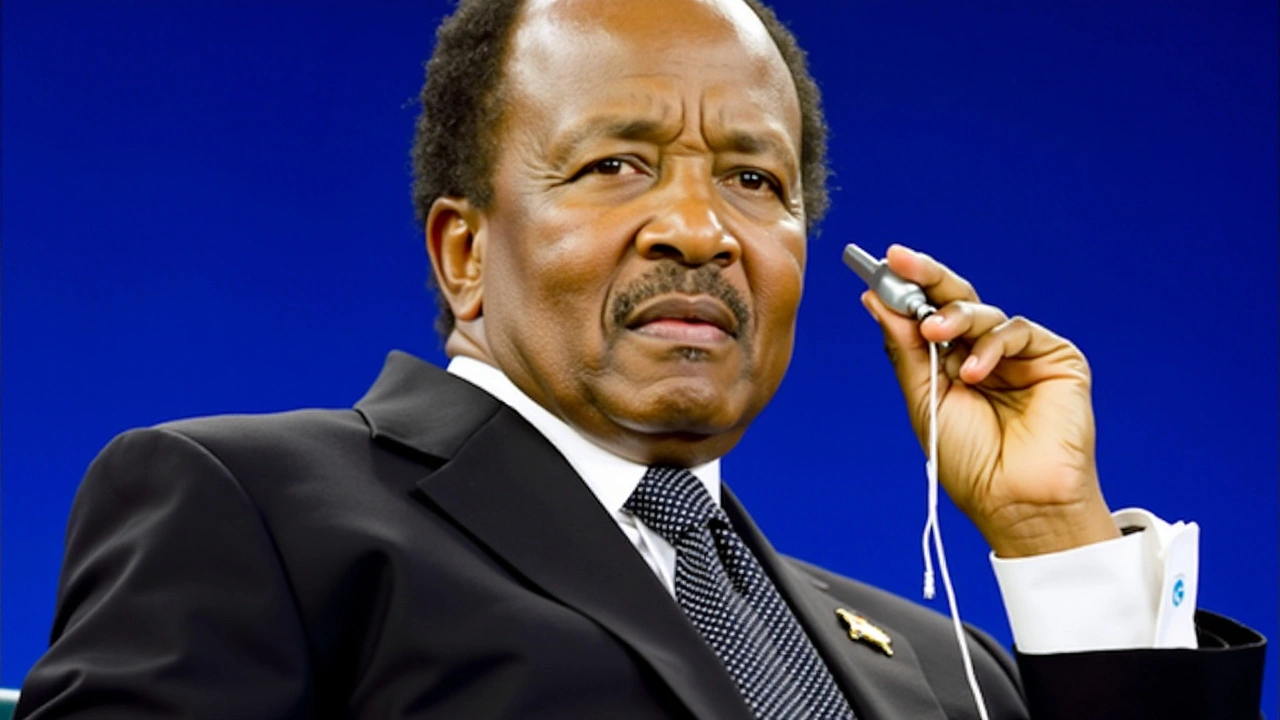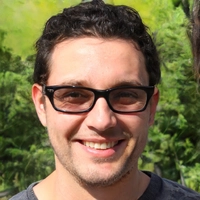Political Turmoil in Cameroon Amidst Unverified Death Rumors of President Paul Biya
8 Oct, 2024Political Turmoil in Cameroon: Unverified Death Rumors and Succession Concerns
In Cameroon, waves of uncertainty have gripped the nation following the rumored death of President Paul Biya. As a figure who has become synonymous with the country's political landscape, Biya's health and whereabouts have been a subject of intense speculation. Since his return from the China-Africa Summit in early September, the 91-year-old leader has remained conspicuously absent from public appearances, igniting a flurry of rumors regarding his health and potential succession plans.
Public Concern Over Presidential Succession
The uncertainty surrounding Biya's status has not only sparked a political debate but also heightened concerns over the nation's future leadership. Christian Ntimbane, a notable lawyer, publicly addressed these concerns in an open letter to Samuel Mvondo Ayolo, the director of the Civil Cabinet. Ntimbane's plea for transparency on the president's health status reflects the broader sentiment among Cameroonians: the need for clarity and reassurance from governmental authorities. He urged the government to disclose if Biya is merely on vacation or if his health is failing, pointing out that silence only fuels anxiety and speculation.
Media Landscape and Public Reactions
The Cameroonian media landscape has been dominated by discussions of Biya's absence. The panic that swept across the nation is reflected in social media platforms, where opinions are divided. On X, formerly known as Twitter, some users claim that this marks the end of Biya's extensive reign and a newfound freedom for Cameroon. Others, however, voice concerns over potential external influences, particularly speculation that France is keen on installing Biya's eldest son, Franck Emmanuel Biya, as his successor.
Speculations and Succession Frameworks
Notably, reports suggest that there is already a political framework in place to ensure a smooth transition of power. According to Cameroon Concord, Robert Nkili, Biya’s brother-in-law, is seen as a potential interim leader. However, the idea of familial succession does not sit well with many, including opposition figures like Maurice Kamto. The leader of the Cameroon Renaissance Movement, Kamto is expected to strongly contest any move towards dynastic succession, advocating instead for a transparent and democratic transition.
The Legacy of Paul Biya
Paul Biya's extensive tenure as Cameroon’s president since 1982 has etched his name in the annals of African political history. Preceded by a seven-year stint as prime minister, his leadership is marked both by longevity and by a myriad of controversies. As the second-longest-serving president in Africa and the oldest serving head of state globally, Biya’s leadership style, which often entailed centralizing power, has been a point of contention both domestically and internationally.
Implications for Political Stability
The ongoing rumors and the lack of an official statement from Cameroonian authorities have left the populace anxious about the nation's political stability. The question looming over the nation is not just about the veracity of the rumors but about what a post-Biya Cameroon will look like. The absence of clear succession plans is alarming for many citizens who fear the potential for political upheaval and destabilization. Without clear communication from the government, uncertainties remain, posing significant challenges to the country's future.
Current Political Landscape and Public Sentiment
The current political climate in Cameroon underscores a critical juncture. With decades of leadership under Biya, the future leadership structure remains unclear, leaving a considerable part of the population anxious and divided. The silence from official channels is deafening, and the demand for reform and transparency is at an all-time high. How Cameroon navigates this moment will be closely watched, both by its citizens and by the international community.
Path Forward: Democratic Reforms or Dynastic Rule?
As Cameroonians stand at a political crossroads, the choice between democratic reforms and the potential for dynastic rule adds complexity to the discourse. Will Cameroon's political elite push for democratization, adhering to public demands for electoral integrity and governmental accountability? Or will kinship and political opportunism prevail, leading to a continuity of the Biya legacy through his family? The answer to these questions will shape the trajectory of Cameroon’s political future.
What Lies Ahead for Cameroon
As the world watches closely, Cameroon’s next steps will be critical. The path ahead is fraught with challenges, but it also presents an opportunity for the country's political rejuvenation. Whether this moment ushers in a new era of democracy and reform or a continuation of the existing order will depend on the actions of both the Cameroonian leadership and the people's resolve. The coming days are pivotal for Cameroon, as the nation seeks a direction that ensures stability, peace, and prosperity.

 by
by